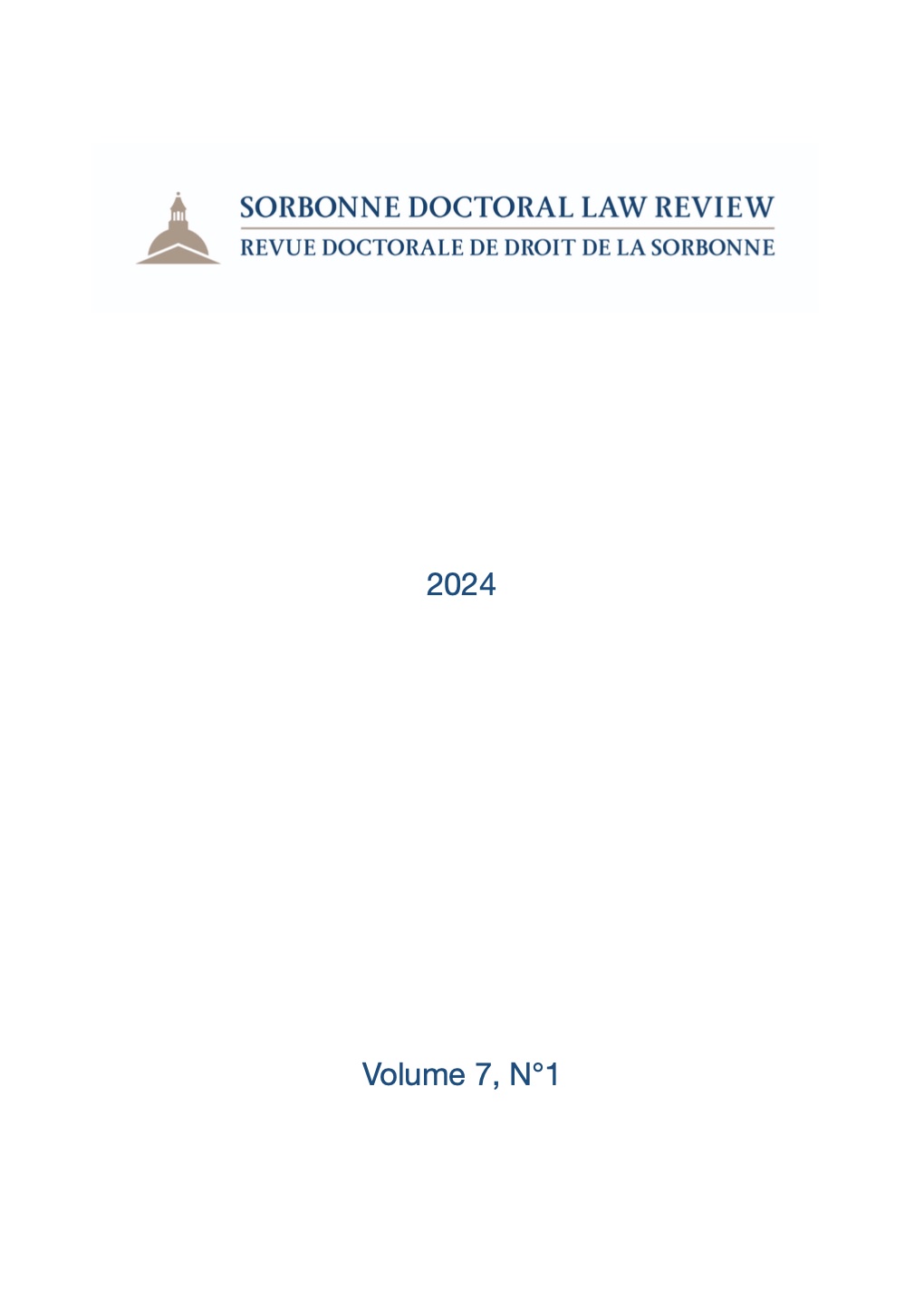Abstract
This work is aimed at initiating of discussion and developing a general theory of privacy law. The author suggests beginning with classification of legal relationships arising in privacy sphere, as a first step toward identifying the flaws in privacy rulemaking and law application. The relational theory of law, underlying this work, explains why each privacy legal relationship will take its own direction and will form an object in a unique way. The method used in this work is classification of legal relationships using the bases adopted from theory of civil law. The work identifies at least nine types of privacy legal relationships, interpret them, shows them as a correlated system, highlights the patterns of their existence and draws parallels between some institutions of civil law and privacy law. Also, the concept of legal relationships discovers many mysteries of theory privacy law and teaches us what is the object of subjective privacy right, what subjective obligations actually has a data controller and where they are formalized, why privacy notice is vital for lawful processing, what is the legal nature of consent and privacy notice, why consent collected “just in case” ruins the stability of legal relationships and also much more.

This work is licensed under a Creative Commons Attribution 4.0 International License.
Copyright (c) 2024 Sorbonne Doctoral Law Review - Revue Doctorale de droit de la Sorbonne

